Faculty Leaders. Green Experts.
Making a Difference for Sustainable Futures
At Unity Environmental University, we offer more than a high-quality curriculum for every program. We also provide industry-tested professional instructors to facilitate your learning, many who continue to do the work in the field. They’ve walked the walk, and they’re here to help you take the next step.
Faculty Spotlights
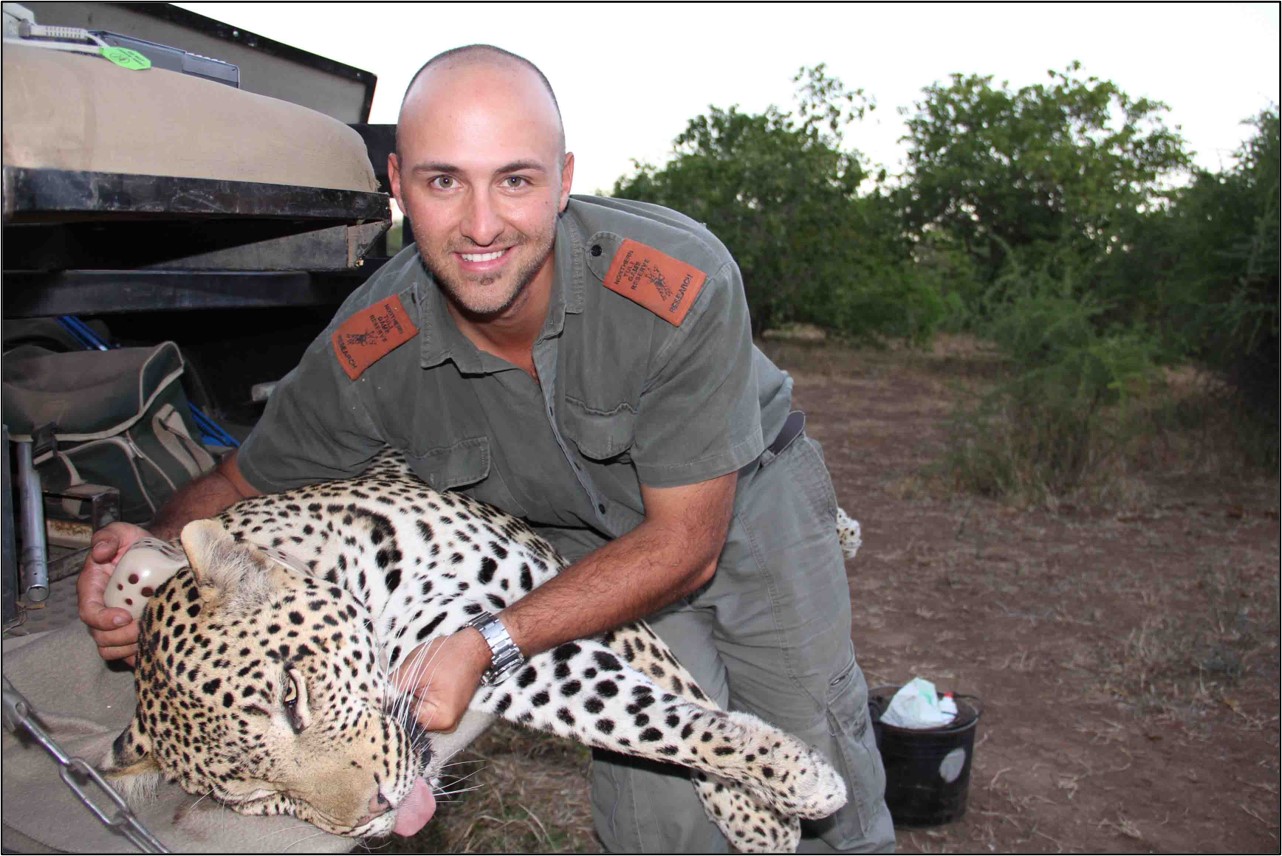
Dr. Andrei Snyman
Dr. Andrei Snyman leads classes in the Master of Professional Science in Environmental Geographic Information Science at Unity. He has over 15 years of experience working with GIS and Remote Sensing in the field, using these technologies to study large African carnivores, including lions, leopards, cheetah, African wild dogs, and several species of hyena. His current research interest lies in the conservation of wildlife considering the domains of biology, geospatial sciences and technologies, population dynamics and abundance estimation, spatial-temporal movement analysis, trophic cascades, the mitigation of human-wildlife conflicts, wildlife population ecology, ecosystem functioning, animal behavior, and natural resource management.
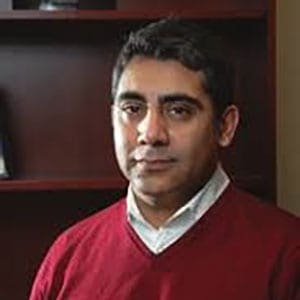
Dr. Anoosh Rakhshandeh
Dr. Anoosh Rakhshandeh has published over 50 scientific abstracts, short papers, book chapters and peer-reviewed articles in the field of animal nutrition and digestive physiology. Before joining academia as a researcher and educator with a focus on animal nutrition, he worked in poultry industry for seven years. Currently, his research explores the nutrient utilization and digestive physiology of animals, as influenced by various stressors. He has also taught several animal nutrition-related courses at the graduate and undergraduate levels, incorporating a student-centered and active learning approach to facilitate understanding of animal nutrition, as informed by real issues in research, industry, and the environment.
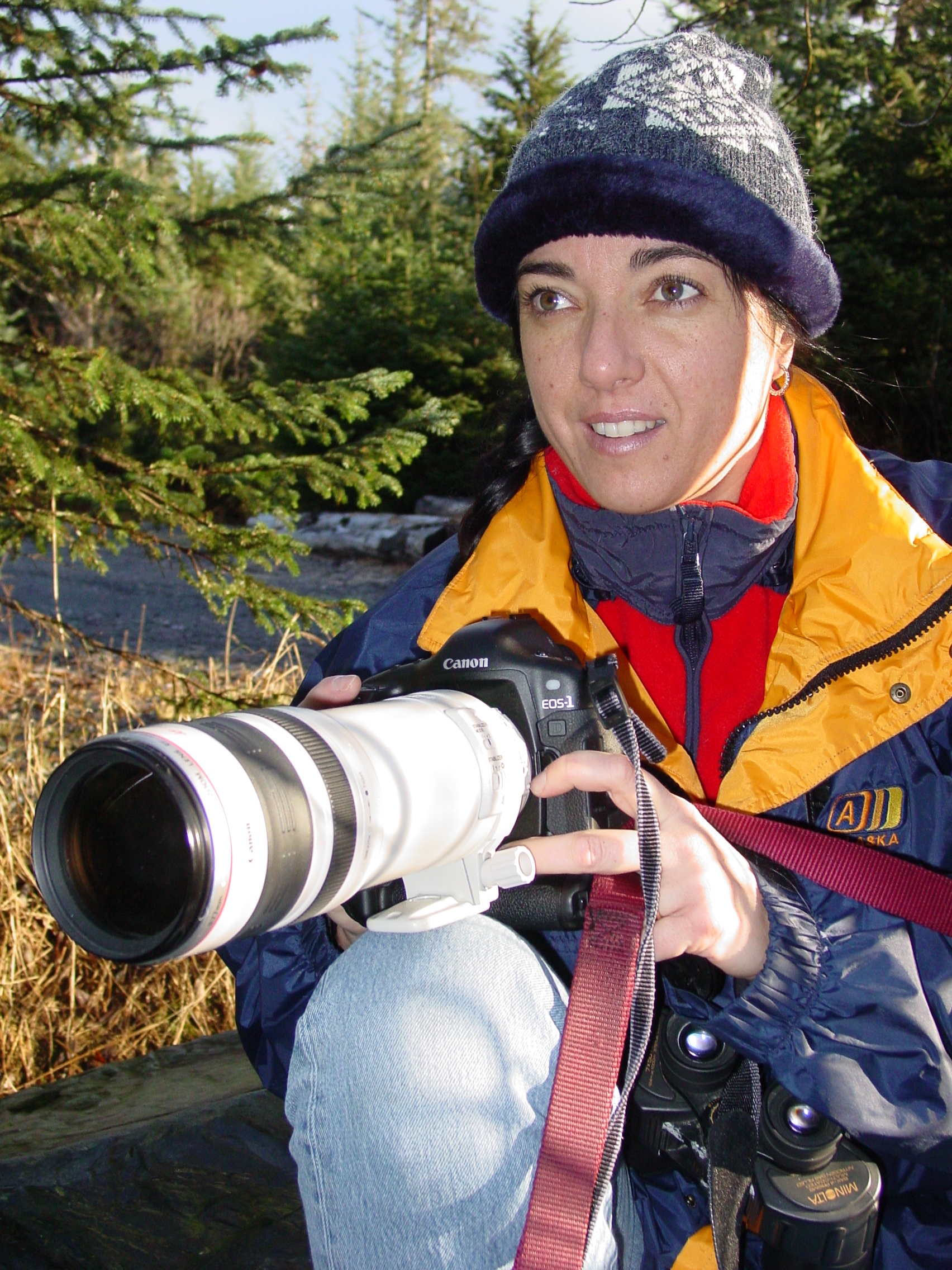
Dr. Daniela Maldini
Dr. Daniela Maldini brings decades of experience in marine ecology and scientific research to every class she leads at Unity. She’s helped co-found three NGOs — Pacific Cetacean Group, Oceanwide Science Institute, and Okeanis — each focused on research and conservation. She has been the chief scientist and executive director for organizations dedicated to promoting the management and maintenance of functional marine ecosystems to benefit people and wildlife today, tomorrow, and for years to come. In addition to her PhD, she has a MS in Marine Sciences from San Jose State University and a BS in Biological Sciences from the Universita di Pavia.

Dr. Dominique McCowan
Dr. Dominique McCowan specializes in teaching Marine Ecology & Evolutionary Biology. She began studying fossilized coral reefs and ecology growing up in Louisville, Kentucky. Later, she would earn a BSc in Biology and an ASc in Chemistry at Indiana University Southeast before pursuing postgraduate studies in Marine Ecology and Fisheries Biology with the Australian Research Council Centre of Excellence for Coral Reefs Studies at James Cook University. After earning her doctorate there, she completed a year postdoc with the ARC before moving stateside and completing an independent postdoc while working as a field consultant, naturalist guide and adjunct lecturer. Her research focuses on the well-adapted nature of Cnidarian polyps, their dimensional organization, and disturbance-modulated evolution.
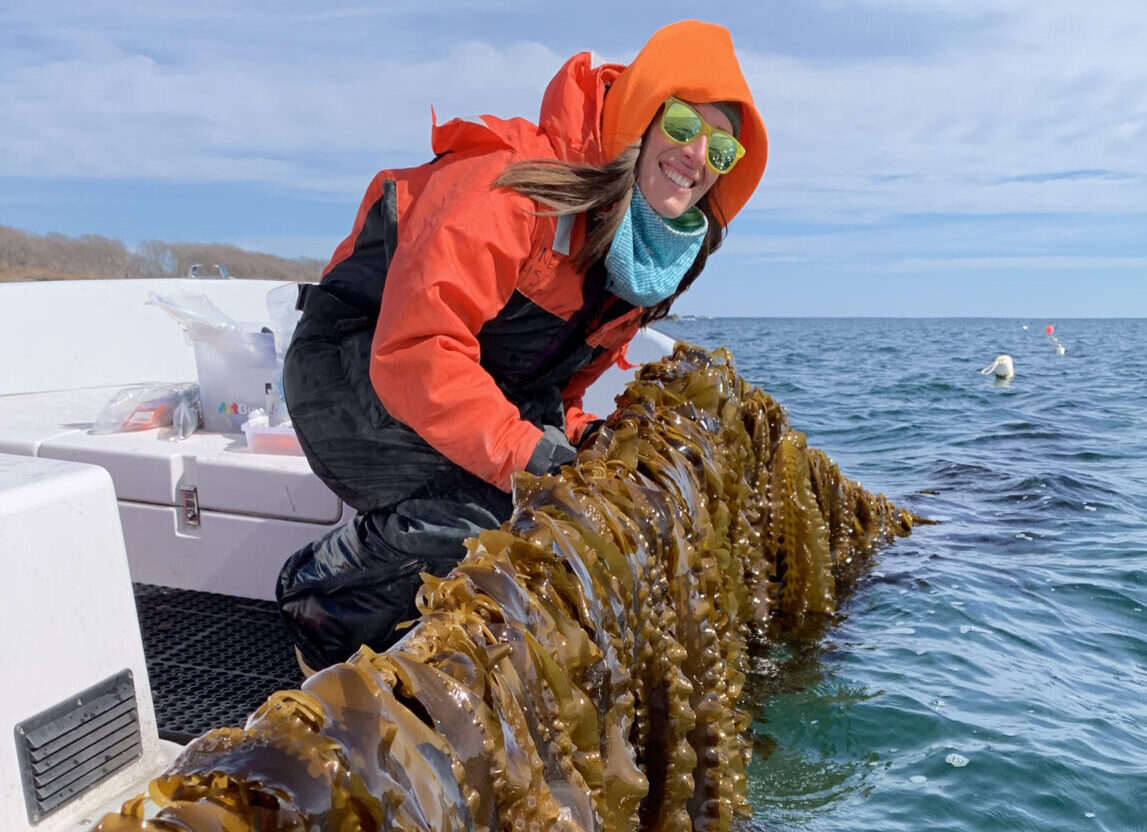
Dr. Gretchen Grebe
Dr. Gretchen Grebe leads courses in Phycology and Aquatic Botany at Unity. She earned a masters from studying water resources management and eco-entrepreneurship at UCSB and a bachelor’s in Latin American and Environmental Studies from Bates College. Her research dissertation explored the rise of kelp farms in Maine and opportunities for improved farm siting and management. She’s worked with industries helping fishing communities with small businesses for marine aquaculture and recapturing waste from fisheries.
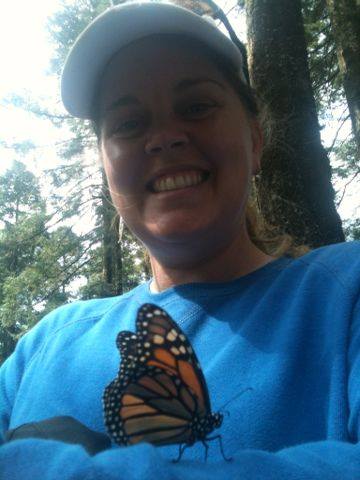
Dr. Mira Mishkin
Dr. Mira Mishkin is one of the instructional leaders of Unity’s Wildlife Conservation bachelor’s degree program. She has also taught an array of courses from Spanish and Biology to Research Methods and Human Geography. Her research focuses on indigenous rights, common pool resource management, climate change mitigation, and forest management. She has been working in the Monarch Butterfly Biosphere Reserve since 2015 and helps with a sea turtle conservation project in Nicaragua.
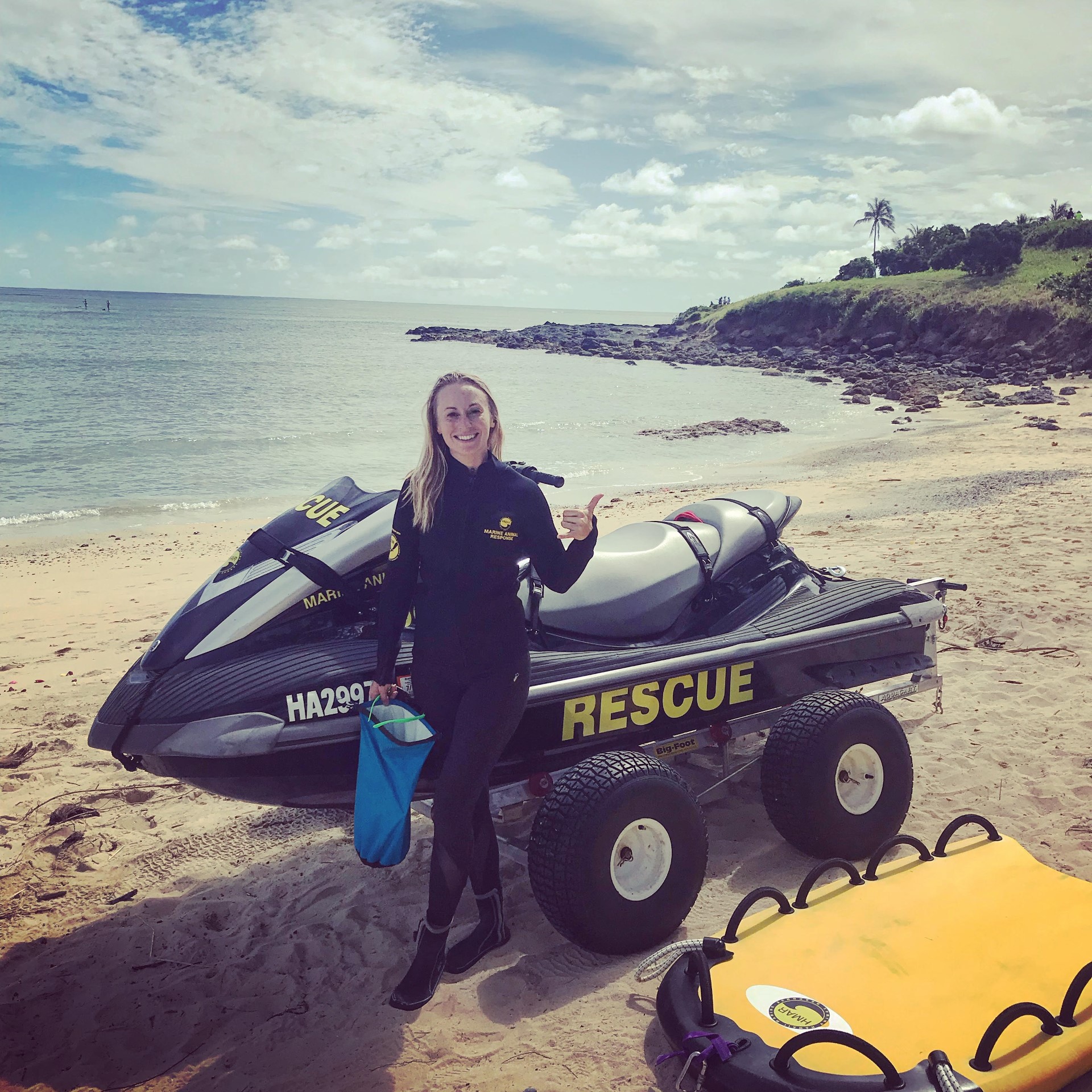
Brittany Tomasin
Brittany Tomasin has spent over a decade working in the field of marine biology. She has conducted ecological research in kelp forests and coral reefs, provided husbandry for marine animals, studied whale shark ecology in Mexico, responded and rescued Hawaii’s marine animals, and managed volunteers at the Monterey Bay Aquarium. She is also an AAUS scientific diver and has conducted approximately 1,500 SCUBA dives all over the world.
Unity in Numbers
Unity Environmental University has a sustainability-focused student population of nearly 9,000 learners from all 50 states and 21 countries. The average age of our students is 28, indicating a broader range of life experiences and career stages, with over 90% employed full time after graduation. Additionally, 50% of our student body includes first-generation college students, underscoring our commitment to making higher education accessible to everyone.
Your journey towards a career that aligns with your passion for sustainability starts here—where green skills meet job outcomes!

On Your Terms. At Your Price.

Exceptional Value
Nationally recognized educational quality at an affordable price
Transfer-Friendly
Accepting up to 90 transfer credits

Multiple Start Dates
With terms starting year round, you can take a break without losing financial aid
See Where a Degree from America’s Environmental University Can Take You!
Complete the form above to connect with Unity and start exploring your online learning options to discover what you can do to create a greener future.
Request Info